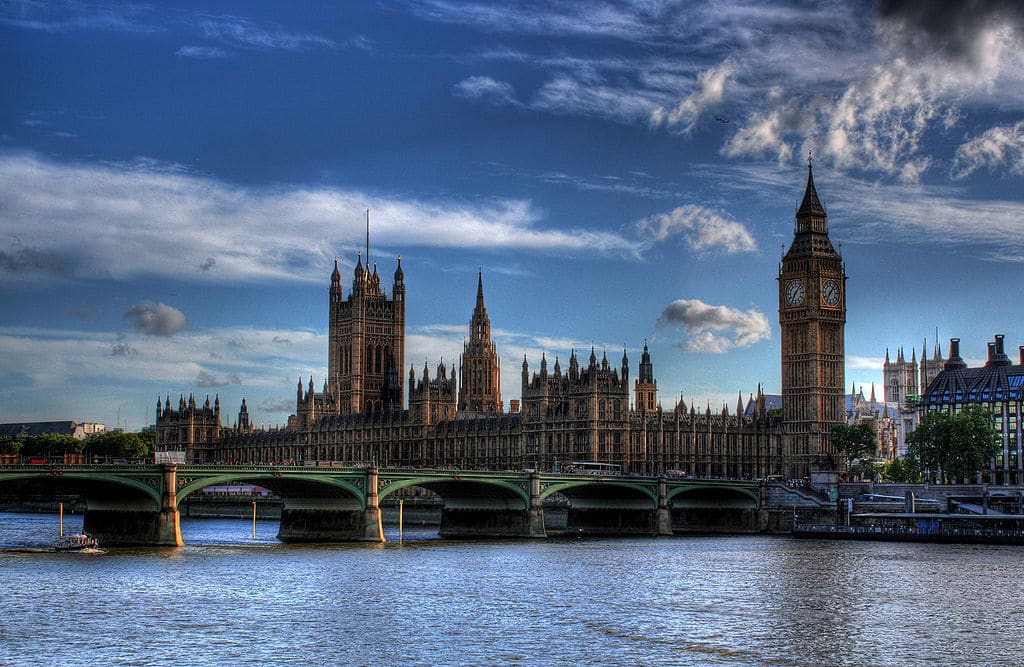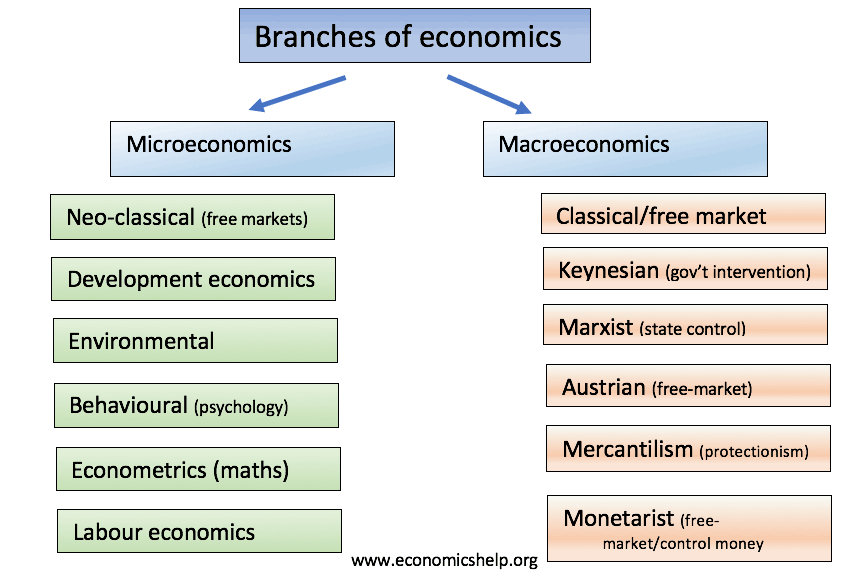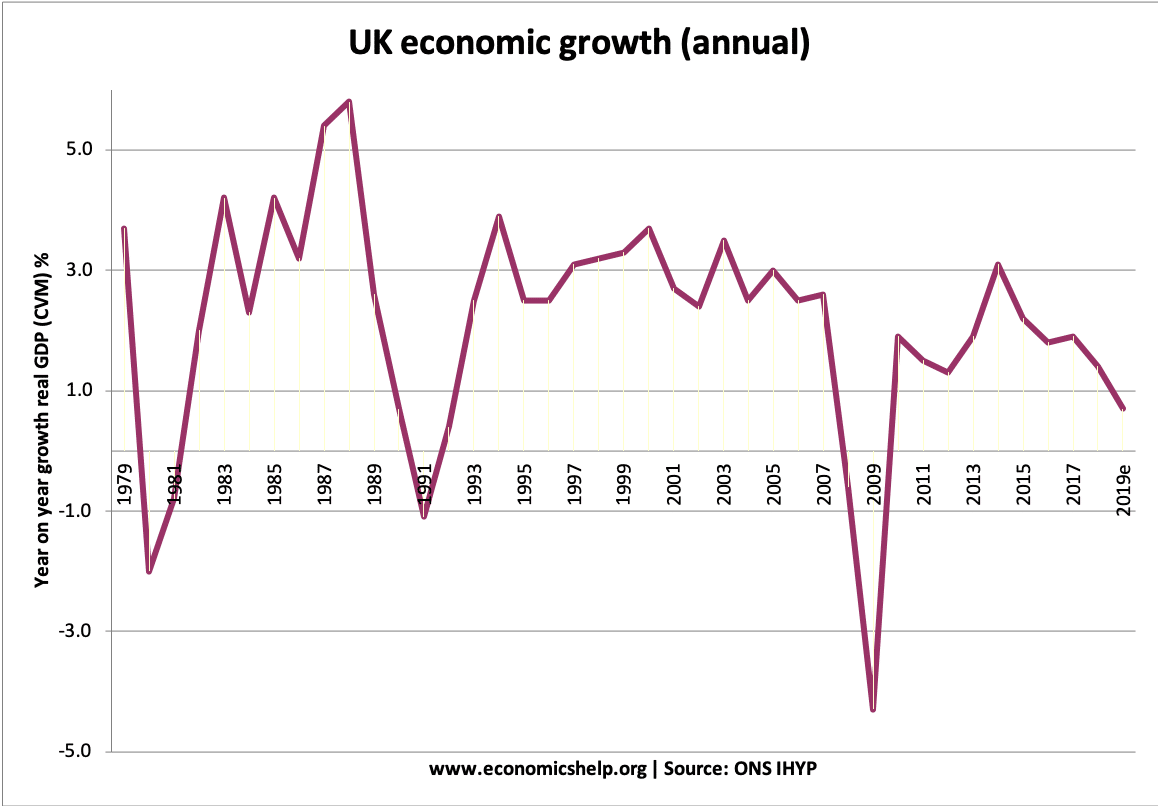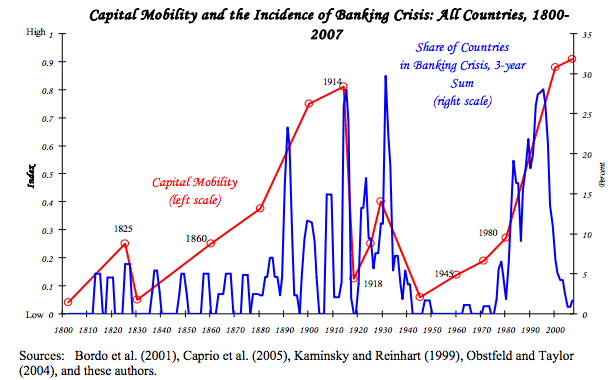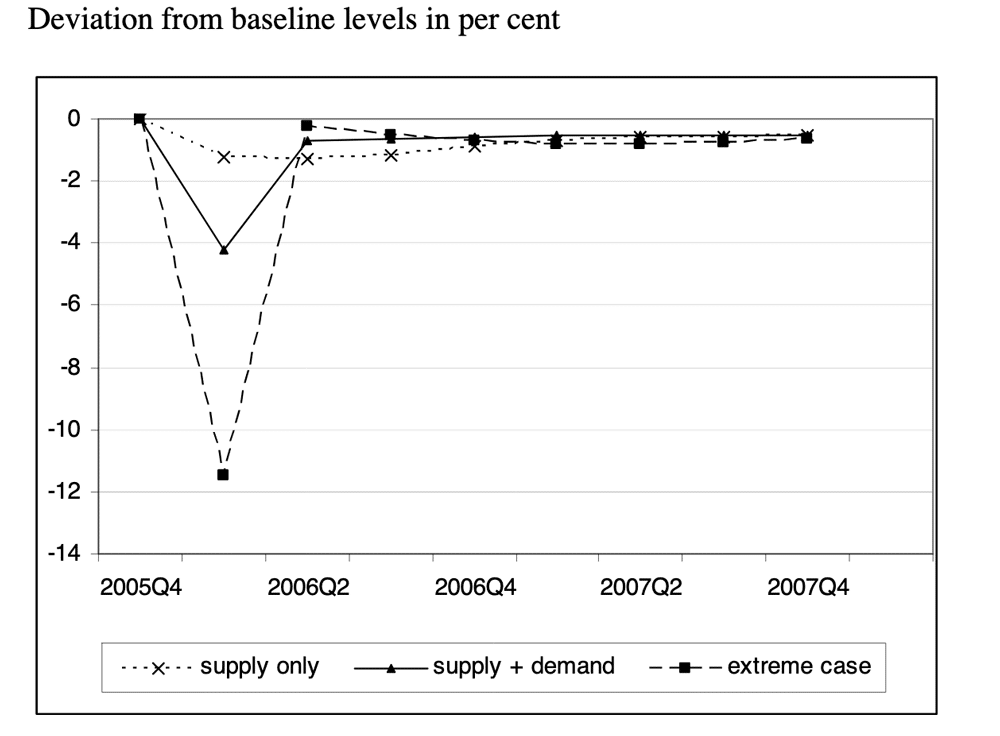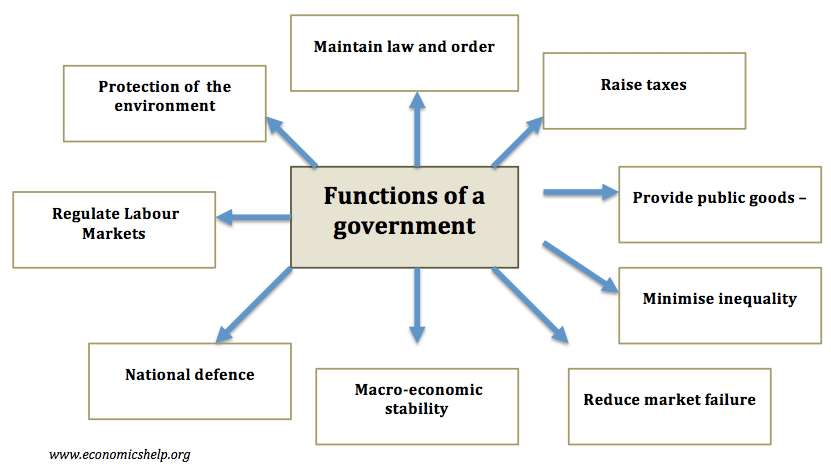Stop-go policies
Stop-go policies refer to macroeconomic policies which result in economic boom or recession. To manage the economy, the government can change monetary and/or fiscal policy, but the danger is that they might over-react and the economy can go from very fast ‘unsustainable growth’ to very slow/negative growth. Stop-go policies may be linked to the ‘political …

